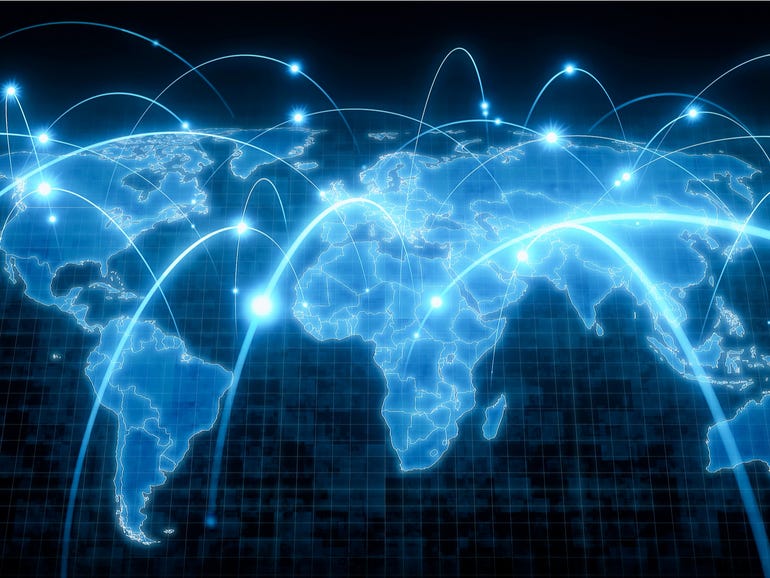- I recommend the Pixel 9 to most people looking to upgrade - especially while it's $250 off
- Google's viral research assistant just got its own app - here's how it can help you
- Sony will give you a free 55-inch 4K TV right now - but this is the last day to qualify
- I've used virtually every Linux distro, but this one has a fresh perspective
- The 7 gadgets I never travel without (and why they make such a big difference)
ICANN rejects Ukraine’s request to block Russia from the internet | ZDNet

Following Russia’s invasion, Ukraine had asked the Internet Corporation for Assigned Names and Numbers (ICANN) to revoke Russia’s top-level domains (TLD), such as .ru, .рф, and .su be revoked along with the nation’s associated Secure Sockets Layer (SSL) certificates. The request came from Andrii Nabok, ICANN’s Ukrainian representative, and Mykhailo Fedorov, Ukraine’s vice prime minister and minister of digital transformation.
Now, ICANN has replied: No.
The letter from Göran Marby, ICANN’s CEO and president, tried to soften the blow, “ICANN stands ready to continue to support Ukrainian and global Internet security, stability, and resiliency.” But, a no is a no.
Fedorov had also asked that RIPE NCC, the regional Internet registry for Europe, the Middle East, and parts of Central Asia, withdraw Russia and its Local Internet Registries (LIR) rights to use their assigned IPv4 and IPv6 addresses and to block their DNS root servers.
RIPE had turned down this request earlier. The RIPE NCC Executive Board stated that “the means to communicate should not be affected by domestic political disputes, international conflicts or war. This includes the provision of correctly registered Internet numbering resources.”
These moves come as no surprise. Earlier, people with both internet organizations and related groups had made it clear they didn’t want to ask.
Andrew Sullivan, president and CEO of the Internet Society, warned that if ICANN has granted Ukraine’s request it might cause “‘Splinternet‘ – the splintering of the Internet along geographical, political, commercial, and/or technological boundaries.” This fragmenting would have massive negative effects, while also setting dangerous precedents. Sullivan said: “The calls to cut Russia off from the Internet are a slippery slope, as the ‘Splinternet’ is the antithesis of how the Internet was designed and meant to function. We must resist these calls, no matter how tempting they may be.”
Marby agreed: “Within our mission, we maintain neutrality and act in support of the global Internet. Our mission does not extend to taking punitive actions, issuing sanctions, or restricting access against segments of the Internet – regardless of the provocations.”
While the internet’s official governors are staying out of the war, unofficial groups such as Anonymous have taken up their cyber arms against Russia. Anonymous has claimed to have taken down various websites, including Russian oil power Gazprom; Russian state news agency RT; and Russian and Belarusian government agencies, including the Kremlin.
Numerous companies have also joined the right against Russia. For example, Microsoft President Brad Smith announced that the Windows giant would help Ukraine against Russian cyber attacks. Smith wrote that while “We are a company and not a government or a country,” Microsoft would protect Ukraine from cyberattacks.
This is not a 20th-century war. No matter where you are in the world, you’re only an internet connection away from the cyber-frontlines.

